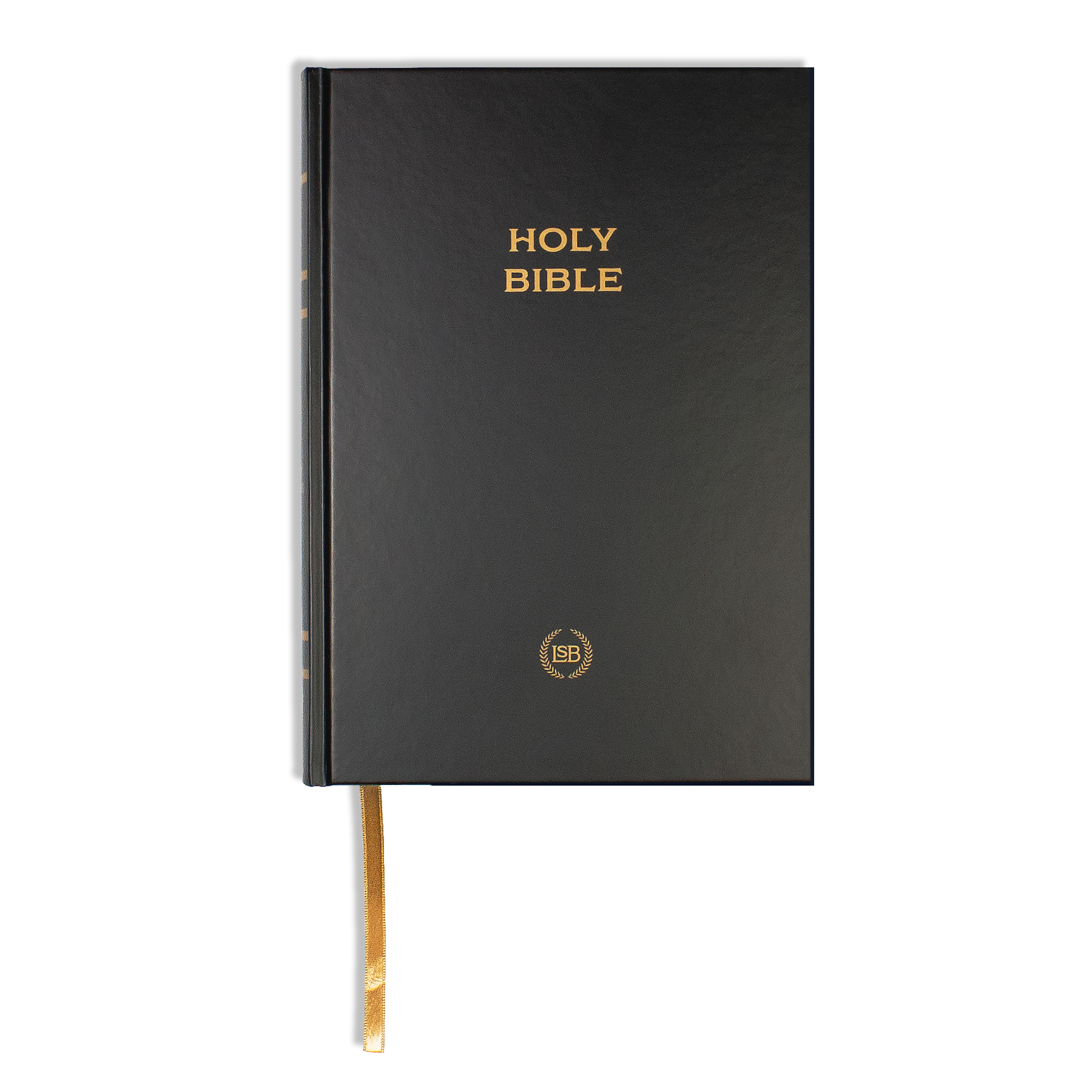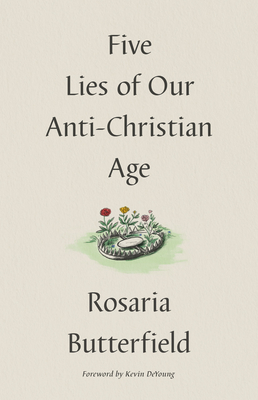Hem of His Garment. Michelle Bengston. 2023. [July] 208 pages. [Source: Review copy] [Christian nonfiction]
First sentence: About a year prior to the release of my first book, I was deathly ill,, on medically prescribed bed rest, and being kept alive with IV hydration and nutrition.
The Hem of His Garment is part-testimony, part advice for fellow sufferers. Each chapter has a good amount of storytelling, some devotional style sermon-ettes, a few practical prescriptions to further the chapter's themes, and songs for a suggested playlist.
The intended audience is a) those currently in the midst of pain and suffering b) those that have been in the midst of pain and suffering c) those walking alongside those experiencing pain and suffering (caregivers, etc.) d) pastors who want to better minister to their congregations--some of which may be in the midst of pain and suffering.
There are thirteen chapters in total.
Disclaimer: I read this one is bits. I'd read two or three chapters in one sitting, but, then not pick it up again for a week or two. So I read it in about five or six sittings...but over a period of six or seven weeks. I wouldn't be surprised if I started it in July to be honest. My recall for earlier chapters is on the weak side. I did read the last four chapters in the past two or three days. So my strongest recollection is for the last section of the book.
This is not the first book I've read on pain nor will it be the last. Is it unique? Yes and no. Unique in that it contains very personal stories of the author's own experiences with pain and suffering. Obviously her testimony is her testimony. Is the subject matter unique? Not really. Nor is her approach to the subject matter. There is nothing new, novel, unique about what she has to say about pain and suffering. Is that necessarily bad? No. I'd be more worried if she'd claimed otherwise. But is it worth reading? I'm conflicted. Honestly, and this is just my personal opinion, this could have been condensed to a couple of blog posts. Yes, I know few are still blogging. Yes, I know that dedicated blog readers are few and far between. But the advice could be greatly condensed--perhaps even to a pamphlet--because there isn't really anything new to add to the subject.
Personally--and I'm aware this sounds horrible--I could have used more Scripture, more theology, and less testimony.
I also found it a little distracting that the author wanted so many quotes pulled--set apart, show-cased. You know when a book repeats a sentence for emphasis in a fancy little 'box.' NOW again disclaimer, I read an advanced reader's copy. It says in the ARC that the publisher can narrow down her selections, that not all have to be used. So I don't have access to a finished copy to see how many per chapter there are. So do not hold that against the book if you're on the fence. This is not influencing my rating of the book.
There were a handful of things that slightly bothered me. Nothing horribly major or glaring. For example, her advice to NOT associate or "find affinity" with negative people and/or negative situations. You are to choose your friends, apparently, based on how cheerful and joyful they are...and drop them if they start to complain or grumble when life gets rough. You are to think positive, be positive, associate only with the positive. Which just sounds unrealistic and potentially rude. I mean are you going to hand out surveys and interview for friends? Are you going to accept them on a trial basis? This seems contradictory as well, since you are supposed to find comfort in those with shared experiences and walk alongside others who are suffering. I get stressing the importance of rejoicing in God and finding gratitude, of accepting circumstances and using it as an opportunity to rely on God, to strengthen one's relationship with God. That's GREAT. I think part of extending grace (and this is something she encourages readers to do) is extending grace to all the relationships in our lives. And if you can't extend grace and forgive others who have negative moments, then aren't you picking and choosing?
Another statement that rattled me a bit--at first glance, less so on second glance--is her statement that God is a God who heals; he cannot not heal. I think this could be so easily misunderstood. I am not saying that the author is advocating this mentality. But there are definitely a group of those who do advocate the idea that if you are not healed, it is because of your lack of faith. If you are not healed of this or that, then you are either a) living in unrepentant sin and it is all your fault b) not asking with enough faith and it is all your fault c) you are not really a Christian and so God is not obligated to answer your prayer and it is all your fault. Again, I am NOT saying this is the author's position. I am NOT. Just that that one statement could trigger all kinds of feelings and reactions. It could be misunderstood by those that have been hurt before. It could be clung to and be a kind of false hope. The truth is, God can choose to heal us (in this lifetime) OR God can choose NOT to heal us (in this lifetime). God in his sovereign will and great wisdom can CHOOSE not to heal. God is not obligated to heal anyone at anytime. We are to pray that God's will be done. Sometimes that means accepting not yet, not now, or rock-solid NO.
To a lesser degree, she says that it is a lie of the devil who whispers to us that we "will always hurt." I again think this is a very generalized statement. To those that live with chronic conditions, chronic pain, chronic situations, this seems NOT a lie necessarily but just an acceptance of reality. Yes, you can pray for healing, pray for a miracle, pray for grace, take joy in God, find hope in who God is and what He has promised. You can still rejoice in the Lord always. You can still find plenty to be thankful for. You can still seek to bring glory to God, seek to serve Him. It doesn't have to be despairing or "being negative" to realize that you will most likely have physical limitations that others may never have or experience. It doesn't make you a victim, nor mean you are embracing a victim mentality, or wallowing in self-pity. (All of those are in the don't do these things chapter).
© Becky Laney of
Operation Actually Read Bible















